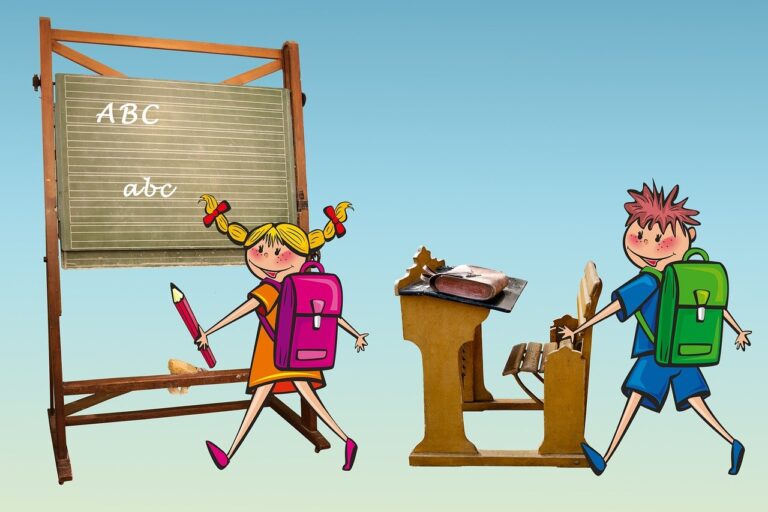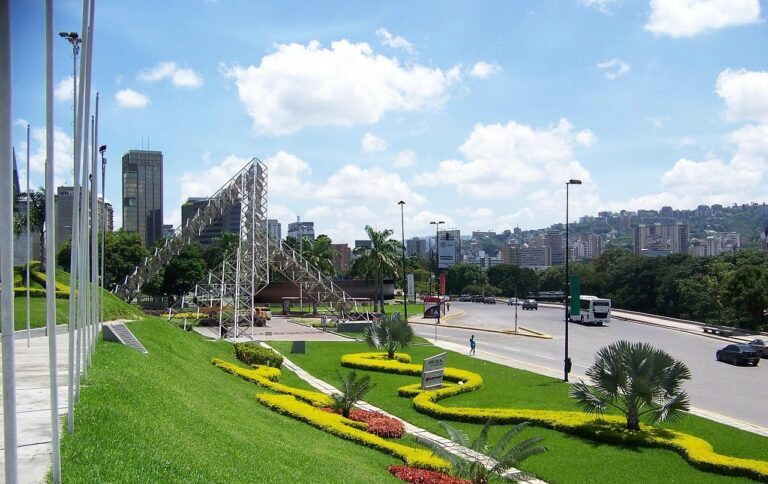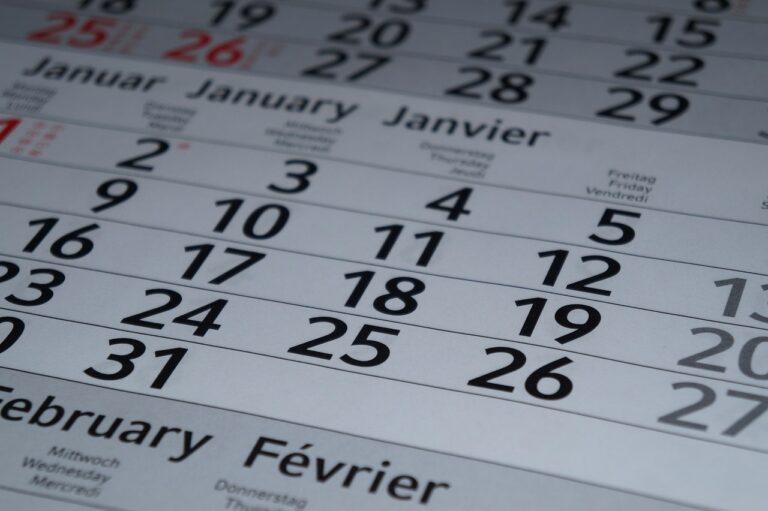
Islamophobia in the country of human rights – Part 4
 By Vincent Delbos-Klein*
By Vincent Delbos-Klein*
France saw a spate of terror attacks in recent months that the authorities attributed to Muslim extremists. In an exclusive series, Vincent Delbos-Klein explains what Islamophobia means in a country which is de facto multi-cultural society.
– Editor
The French Secularism
Everyday we have to face this unpleasant heritage and in many ways, we carry the weight of what history decided for us especially during the 19th and the 20th centuries and more specifically since the revolution (both the political and industrial revolution). But in some ways, this heritage is very ambiguous : it is made of the worst and the best, all together. And if we have just seen the worst let us also remember the best just for the record : in theory, revolution consisted in destroying the privileges, fight the power and bring a more equal society.
That brings us to the saddest and most ironic part : we are the country of the human rights, in theory. Yes… Of course, this is often reminded in a very ironic way. Jules Ferry perfectly incarnate this ambiguity of an evil country dressed in a super-hero clothes. Known for being the promoter of free school for every french children, led by the state and not the Christian religion anymore, he helped to build an egalitarian and secular model of school. For this reason, not less than 67000 schools wear his name nowadays.
Also read: Aimé Césaire reminded, “there is no colonisation without racism”

But Jules Ferry was also a fervent supporter of colonisation and, in particular, the author of a sadly famous speech in the french assembly where he said that “superior races has the duty to civilise the inferior races”.
This is how we learn to trust history despite so many pitfalls. Like every country, we raise a national tale that put us in the comfortable certainty that we are in the camps of the good guys, but as soon as we choose to question what is behind this movie set, we realise that we are sleeping on fire. Then, if you change your (not so) magnifying glass for a microscope, you can see here and there some people sincerely trying to resist against the power and the structural continuity.
This is how a long term fight bought to a very rare moment of victory against one of these powers when in the night of the 6th of December 1905, some legislator voted the french law on the separation of the Churches and the State.
Before, the Christian power had a very strong influence on the state, so this secularisation process had two effects : no influence of the religious power on the state and the freedom for everyone to freely choose and practice their religion. This, in theory, was a major improvement, but it would play a very different role a century later.

*Vincent Delbos-Klein is a Paris-based filmmaker and a researcher in sociology





